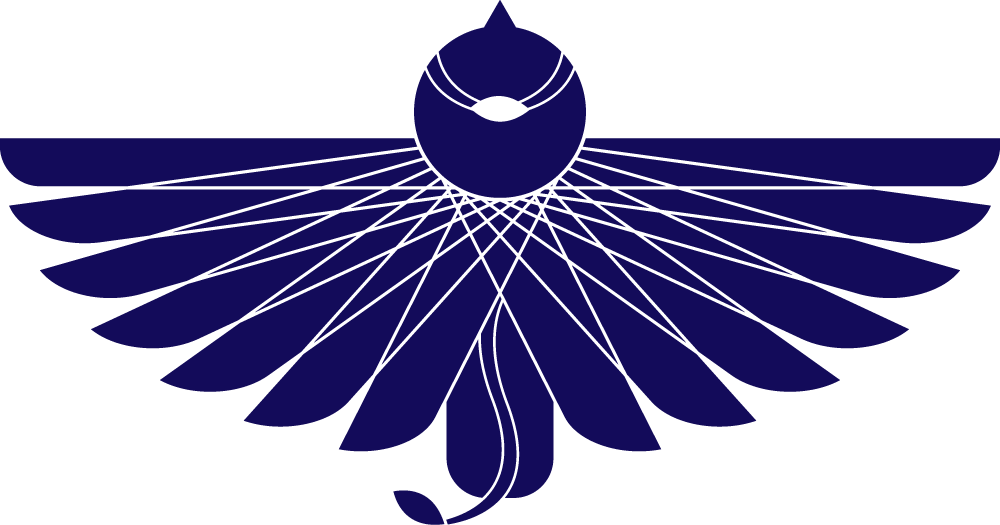Adventures of an Oakland Herbalist: Visiting a “Medieval” Medicinal Herb Garden
It wasn’t so long ago in human history that, when someone was talking about “medicine,” it was understood they were describing herbal medicine--ingesting or otherwise applying healing natural ingredients from plants, minerals, and sometimes animal parts for their healing benefits. In Chinese herbal medicine, herbs are usually taken in formulas, prescribed in combinations that balance each other and function with synergistic effect. If you’ve visited my acupuncture clinic by Lake Merritt in Oakland, these are the concoctions you’ve seen me mixing.
On a recent trip to New York City, when I wasn’t busy eating the best bagels, I made a pilgrimage to The Cloisters, the branch of the Metropolitan Museum of Art dedicated to the art, architecture, and gardens of medieval Europe. Located on four acres way uptown, The Cloisters overlooks the Hudson River and feels like a little oasis in the busy city. According to the Met, the extensive gardens at The Cloisters, including the herbal medicine garden, “evoke those that provided sustenance and spiritual refreshment within the medieval monastery.” Including herbs that were used for medicine, fertility, and even magic, their medieval herb garden is considered one of the most specialized plant collections in the world.
Chinese and Western Herbs: Healing Cousins
While the garden is focused on herbs that would have been used in medieval Europe, as an acupuncturist trained in Chinese herbalism, I kept my eyes peeled for herbs that looked familiar to ones we commonly use in classical Chinese formulas. I happened upon several specimens of herbs at The Cloisters where either the identical herb, or an Asian cousin, is used in Chinese medicine. Some examples from the “medicinal plants” bed in the herb garden include:
Bupleurum rotundifolium (Thorow-Wax) – This is Chai Hu in Traditional Chinese Medicine (TCM), a commonly prescribed herb that can be used to treat certain stages of infection (you’ll often see this in anti-viral formulas) and is soothing to the Liver–if you’re stressed out, this one might be in your formula! (Read more about Chinese medicine for stress and anxiety.)
Paeonia officinalis (Peony) – We use a variety of peonies in Chinese medicine, including Bai Shao and Chi Shao. They are often in formulas treating dysmenorrhea and other kinds of cramping pain. (Read more about Chinese medicine for pain relief.)
Prunella vulgaris (Self-Heal) – Xia Ku Cao is traditionally used to treat nodules and swollen glands in Chinese medicine, and more recently has been the subject of research for its potential to address some forms of hypertension.
Vaccaria hispanica (Cow Cockle) – If your acupuncturist has ever treated you with “ear seeds”--tiny seeds held in place over acupoints on the ear with a little strip of adhesive –then you are already familiar with vaccaria seeds, or Wang Bu Liu Xing.
Saint Fiacre, patron saint of gardeners
It’s amazing to ponder the way that, many hundreds of years ago, different cultures around the world discovered and used similar plants for health and healing. I can’t help but think that the annex to my own Oakland acupuncture office should be a proper medicinal herb garden of my very own.
Interested in how herbal medicine can support your health? Schedule an appointment at my Oakland office, or book a telehealth session. I look forward to getting medieval with you!
Dr. Lisa Franzetta is a licensed acupuncturist and herbalist in Oakland, California. While she thinks you should probably reduce your gluten intake, she wants to hear about your favorite Bay Area bagel.




